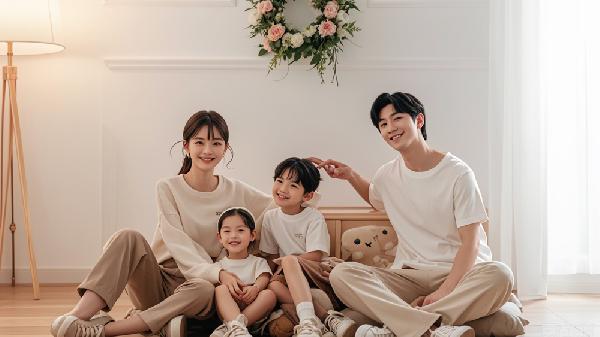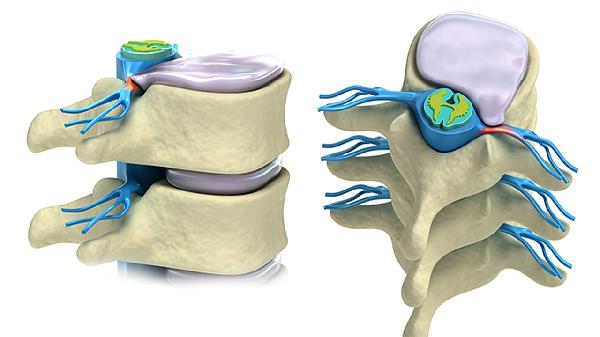Jen Ziel’s story is a perfect example of how love can reshape even the most deeply held personal choices—like diet. She was a lifelong vegetarian until she fell for a meat-eater. Though her boyfriend never pressured her, she found herself wanting to bridge the gap between their eating habits, almost as if sharing meals was a way to deepen their connection. Even though that relationship ended, her shift to an omnivorous diet stuck. It’s a small but telling detail about how intertwined food and romance really are.
The Emotional Weight of Shared Meals
We tend to focus on grand romantic gestures—candlelit dinners, surprise trips, love letters—but the simple act of eating together is one of the most powerful bonding experiences we have. Marjorie Nolan Cohn, a registered dietitian, points out that food is often the first thing couples share in a new relationship. Whether it’s a first-date dinner or cooking together at home, meals create a space for connection that goes beyond words. And yet, when dietary differences come into play, that shared experience can suddenly feel complicated.
When Food Preferences Clash
Not everyone is as flexible as Jen was. Some people genuinely struggle with the idea of dating someone whose diet doesn’t align with theirs. A survey from Veggly, a vegan and vegetarian dating app, found that less than half of its users would date a committed meat-eater. Meanwhile, 85% were open to dating an omnivore who was willing to transition to plant-based eating. That hesitation isn’t just about stubbornness—it’s about lifestyle, ethics, and sometimes even health. For someone who’s spent years avoiding animal products, the idea of sharing a kitchen with a steak lover can feel like a fundamental incompatibility.
Navigating Dietary Differences in Love
Nolan Cohn knows this struggle firsthand. Her husband has severe IBS, which means his diet is heavily restricted. At first, she found it jarring—how could they share meals if they couldn’t eat the same things? But over time, they developed a system. They’d cook a neutral base meal—like plain rice or roasted vegetables—and then customize their own portions with toppings and seasonings that suited their individual needs. The key, she realized, wasn’t eating identical plates—it was about the time spent together at the table.
Food as Love Language—And Its Limits
For many, food is synonymous with love. Cooking for someone is an act of care, and sharing a favorite dish can feel deeply intimate. But when dietary restrictions get in the way, that love language can become a source of frustration. Nolan Cohn admits that if she weren’t a dietitian, her husband’s limitations might have strained their relationship. Instead, she learned to separate her emotional connection to food from the practicalities of their situation. She saves her favorite spicy, flavorful meals for nights out with friends, while at home, she and her husband focus on what they can share—even if it’s just the company.
When to Seek Help
More couples are turning to medical nutrition therapy to navigate these challenges, especially when one partner has allergies, chronic illness, or an eating disorder. Nolan Cohn has noticed an uptick in couples seeking professional guidance—not just for health reasons, but to preserve their emotional connection. Because at the end of the day, relationships aren’t just about compatibility in values or interests—they’re also about finding ways to nourish each other, literally and figuratively.
Jen’s story, Nolan Cohn’s marriage, and the experiences of countless others prove that love and food are deeply connected—but they also show that compromise doesn’t have to mean sacrifice. Sometimes, the most romantic thing you can do is respect each other’s plates—even if they don’t look the same.























